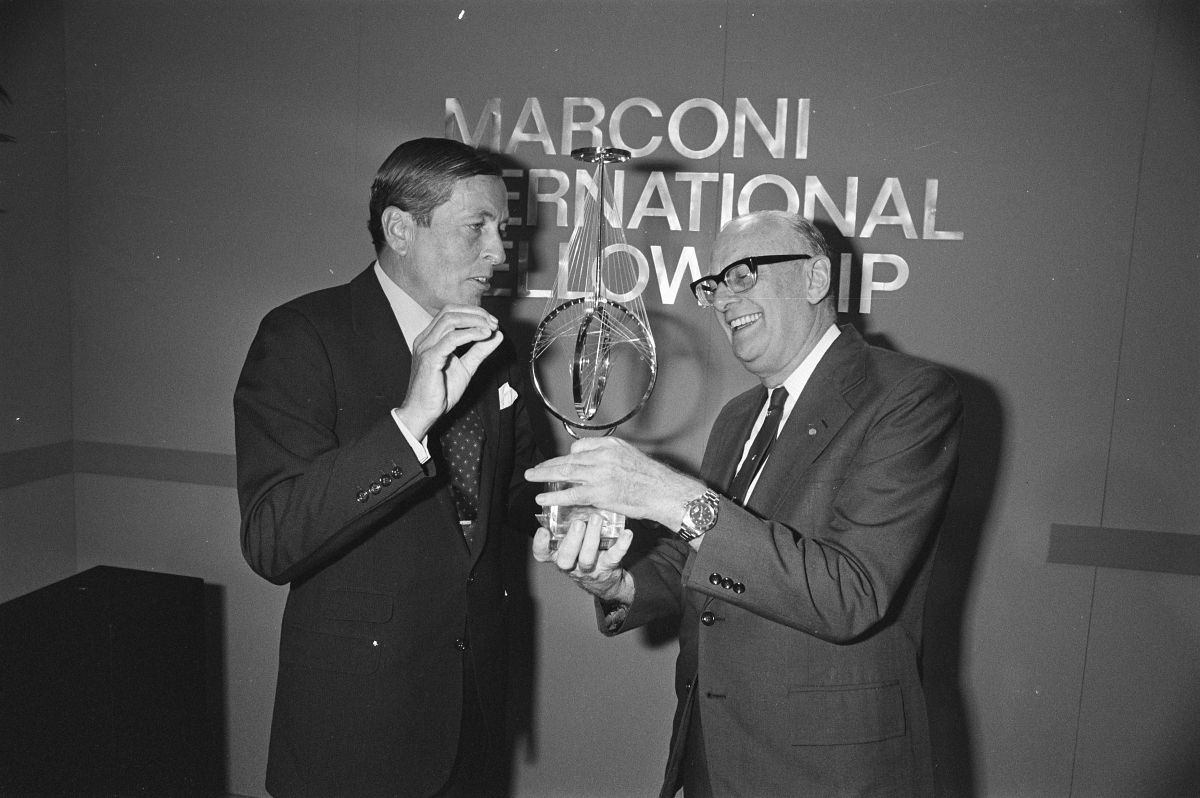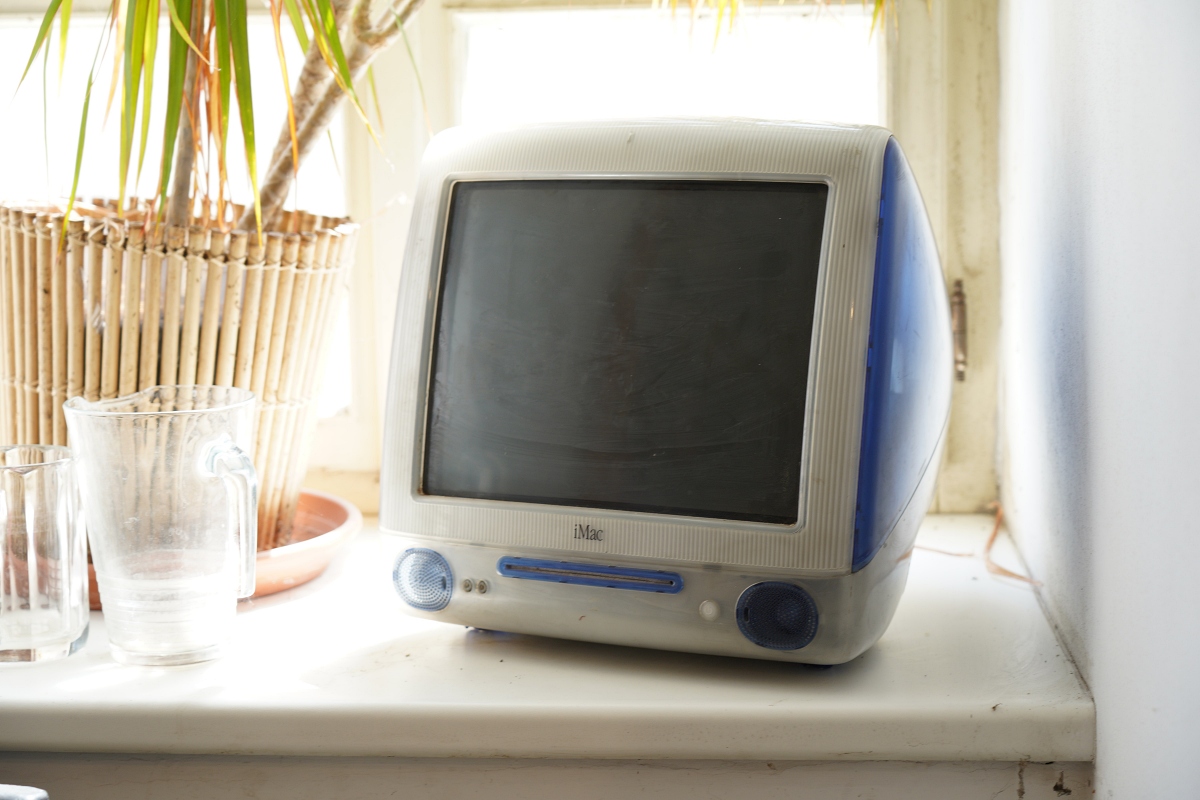Author Predicted the Internet Decades Before It Was a Reality
For the most part he was spot on.
In 1964 the hit songs of the day were “I Want to Hold Your Hand” and “She Loves You” by the Beatles. The British invasion changed the fashion, music, and pop culture of the world, but there was another Brit who was making waves in a completely different way. By the mid-1960s author and science fiction writer, Arthur C. Clarke, had written more than a dozen books ranging from underwater exploration to the short story that would only a few years later become 2001: A Space Odyssey. The well-informed writer would go on to earn the nickname of the “Prophet of the Space Age” for his prescient predictions of what man could achieve through science.

Clarke’s description of the communications of the future included remote work, wherein people could accomplish their jobs from pretty much any location on Earth. He also predicted that this type of efficient communication would effectively shrink the world, making physically far off places seem not-so-distant to us.
One area where his internet of the future remains a bit dodgy is that he claimed that cities would no longer be the meeting places and centers of thought since people could do their jobs, write, even perform surgery from rural areas or even abroad.
His estimation was that all this would occur by the year 2000. Certainly we’ve come a long way since the early days of telecommuting, but in 2000 there certainly were people who worked remotely so he wasn’t wrong in that regard. And, he prophesized that it would be satellites that would change everything for us.

See all the 1964 predictions about the internet in the video below from BBC’s Horizon documentary.
SKM: below-content placeholderWhizzco for DOT

